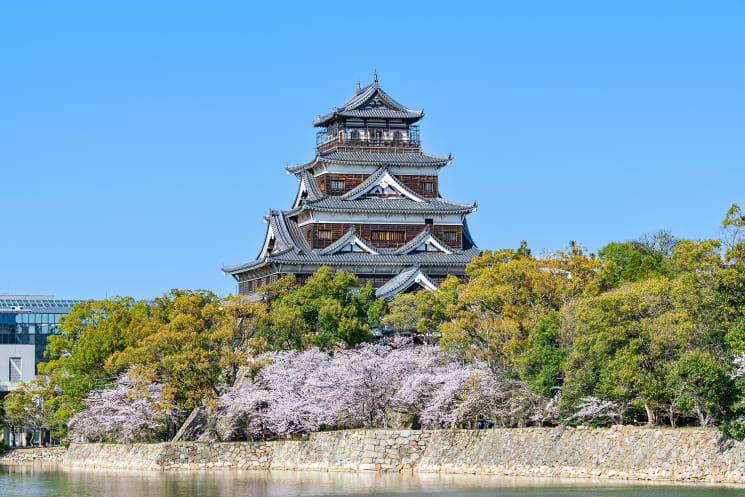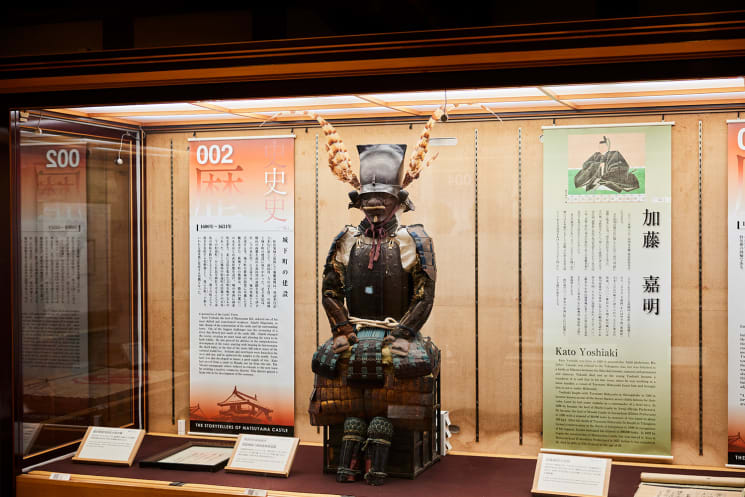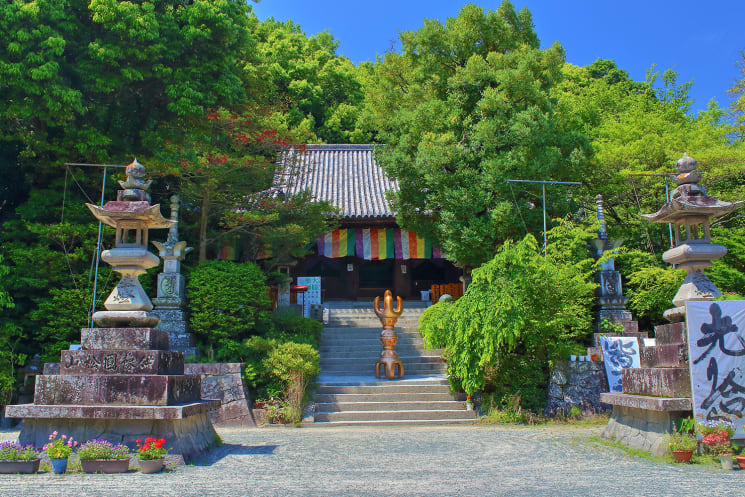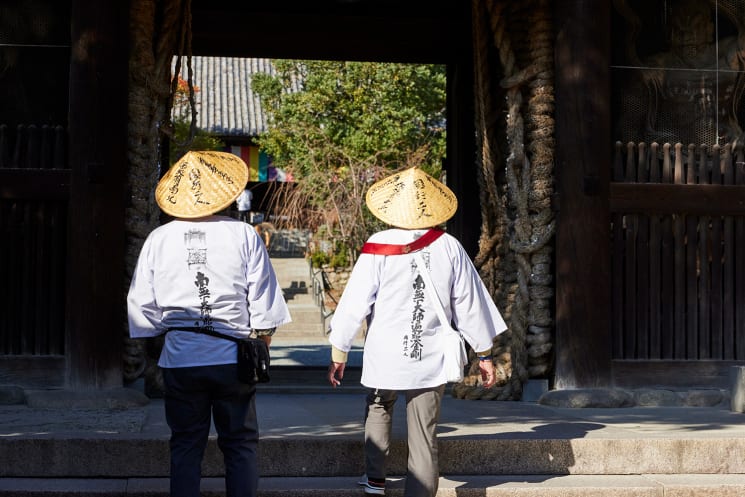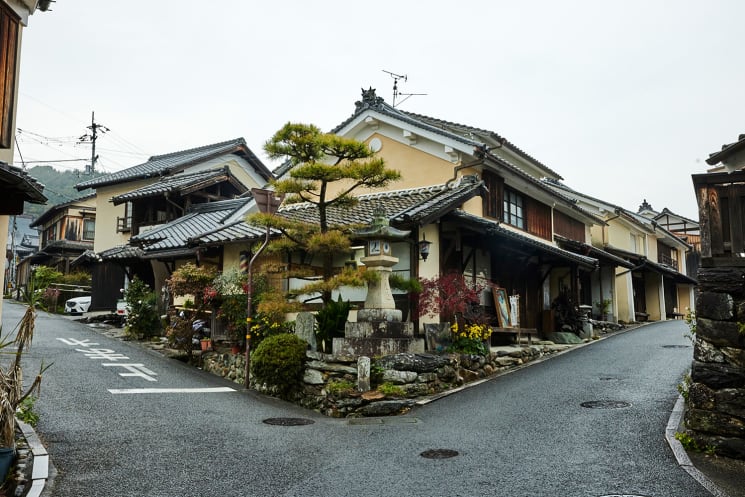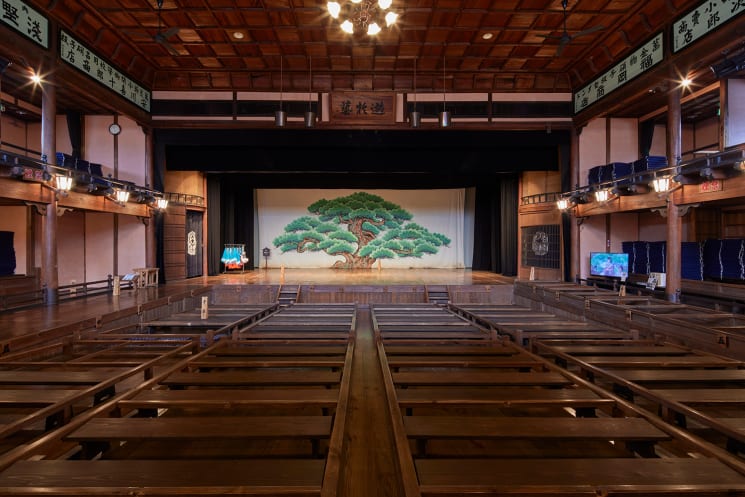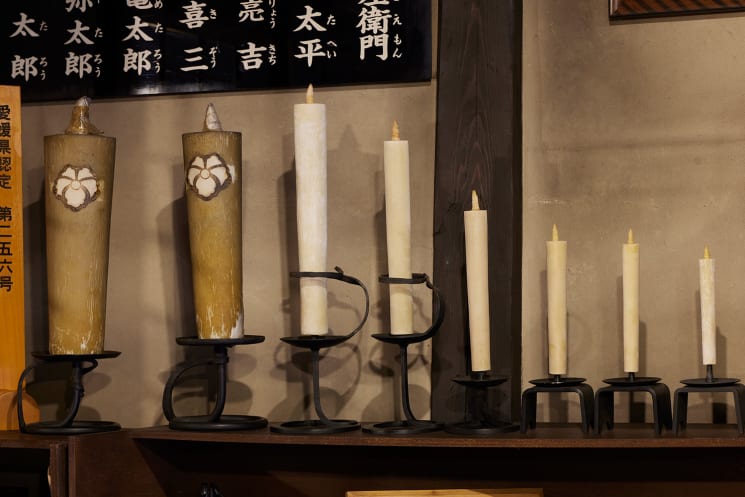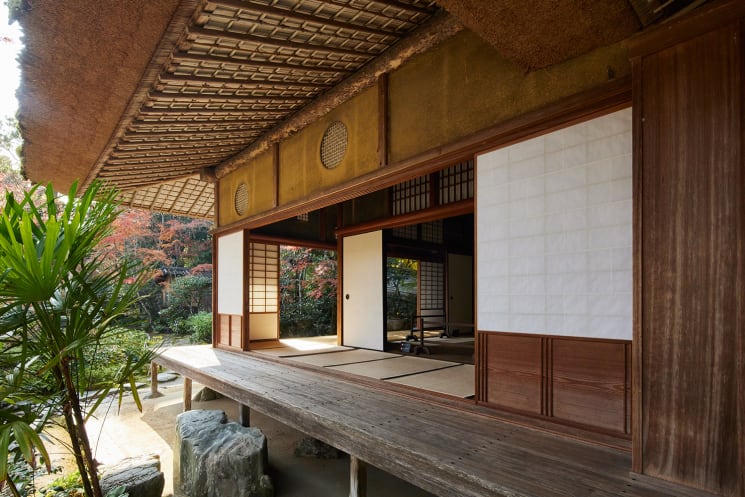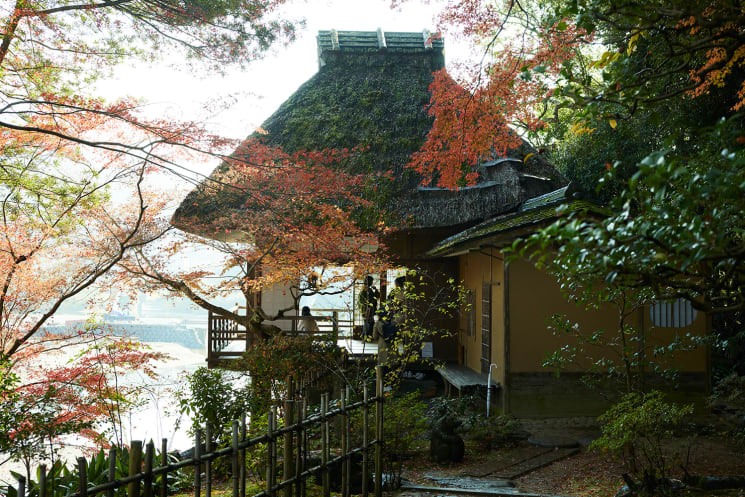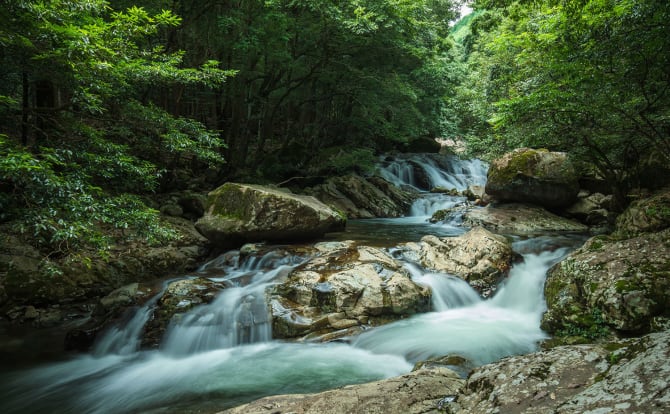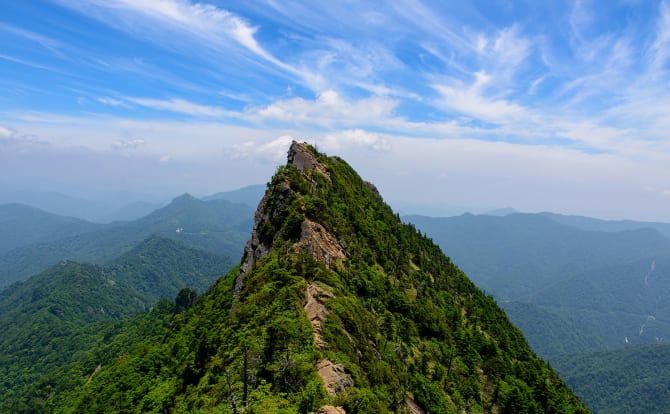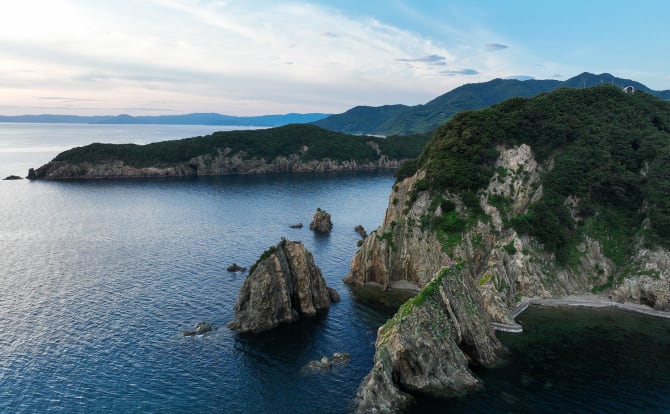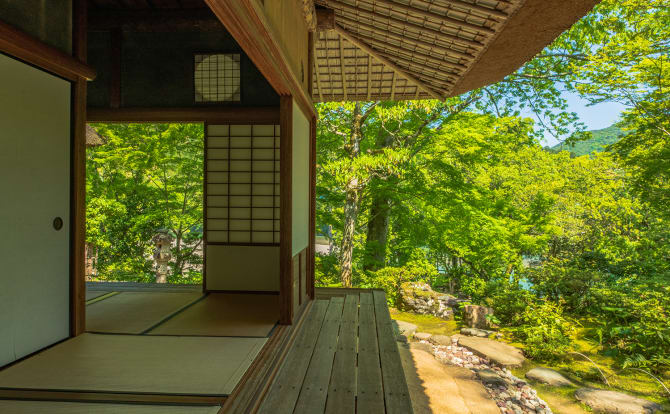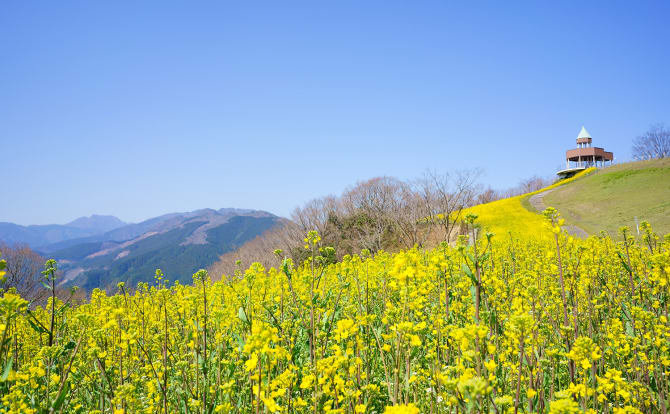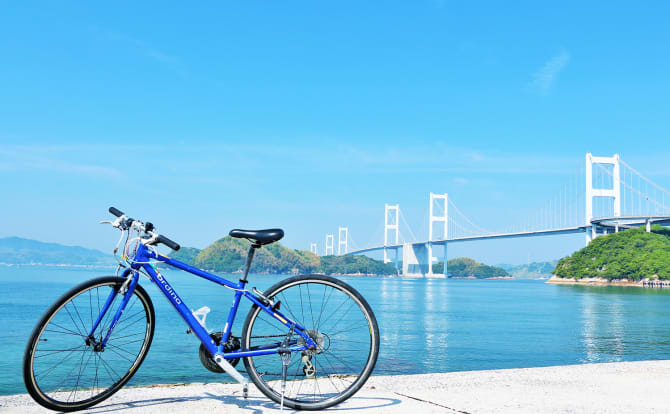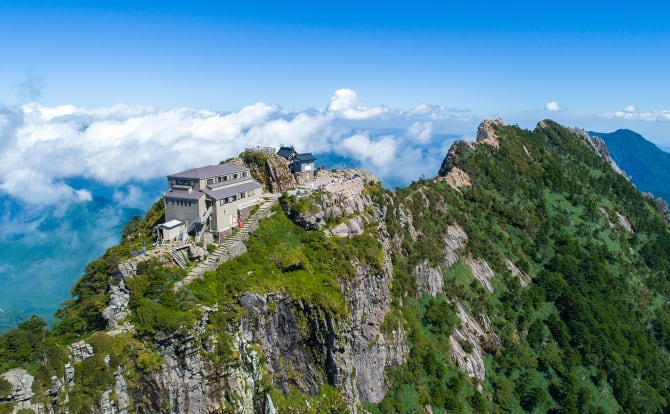 ITINERARY
ITINERARY
Discover the Cultural Gems of Western Setouchi
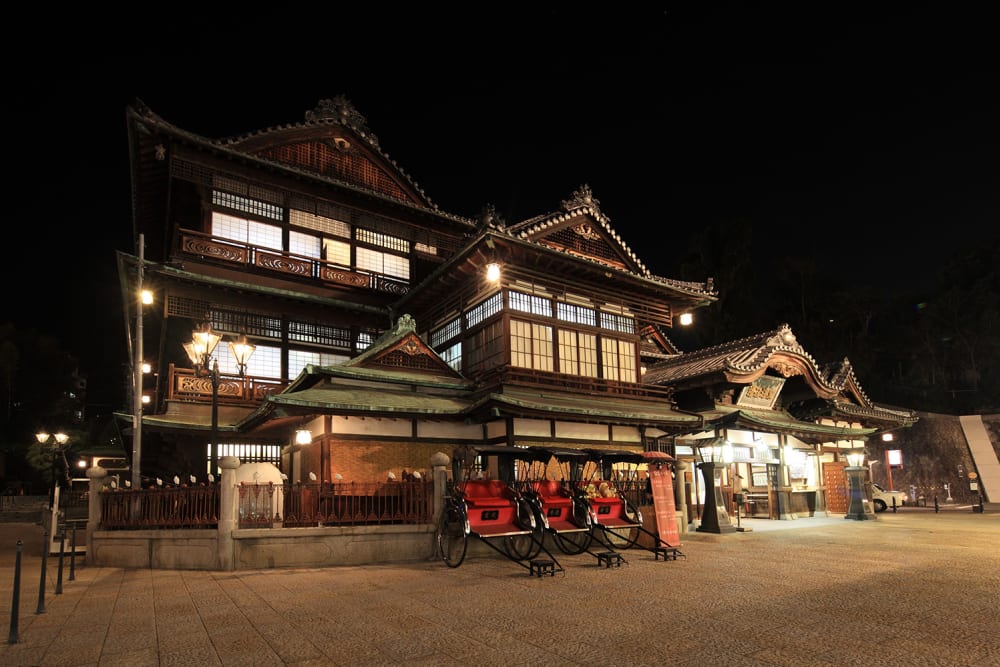
Recommended Length: 5 Days
Embark on a leisurely 5-day journey from Hiroshima to Ehime, exploring the area's top attractions.
Although they are on different islands, the prefectures of Hiroshima and Ehime are visible across the Seto Inland Sea on clear days. The high-speed Super Jet passenger ferry connects Hiroshima to Matsuyama, the capital of Ehime, in around 70 minutes, making it easy to explore both of these fascinating areas. As the largest city in Ehime, Matsuyama has a diverse array of dining and accommodation options, making it an ideal base for exploring the prefecture.

Day 1
-
Hiroshima
Hiroshima is one of Japan’s premier destinations with a wealth of attractions and historically significant sites. Spend the morning exploring top attractions such as Itsukushima Shrine, the Atomic Bomb Dome, and Hiroshima Castle, then make your way to Hiroshima Port, to catch the Super Jet to Matsuyama.
1 hr 10 min -
Dogo Onsen
Explore the oldest hot springs in Japan
Spend your afternoon at Dogo Onsen in central Matsuyama, and relax in the alkaline waters which have soothed visitors for over 3,000 years. Public baths include Dogo Onsen Honkan, which is said to have inspired the bathhouse in Studio Ghibli’s Spirited Away, and Dogo Onsen Annex Asuka-no-Yu, built in the style of the Asuka Period (552–645) and furnished with traditional and contemporary art pieces. Between baths, take a stroll around the lively onsen district. Dogo Haikara Dori is a Meiji-era arcade lined with cafes, souvenir shops, and restaurants.
Accommodation options in Dogo Onsen range from traditional ryokan to large modern hotels. Many have luxurious onsen baths fed by the hot spring waters.

Day 2
-
Dogo Onsen
20 min / 30 min / 10 min -
Matsuyama Castle
An imposing seventeenth-century castle that watches over the city
Matsuyama Castle is one of the few castles to survive Japan’s turbulent modernization in the nineteenth century. Built on Mt. Katsuyama (132 m), in the center of the city, the three-storied keep affords unparalleled views of downtown Matsuyama, the surrounding mountains, and the Seto Inland Sea. The castle grounds are popular for their cherry blossoms in spring and can be reached by cable car, chair lift, or on foot.
-
Ishiteji Temple
One of the most famous temples in Matsuyama
From Matsuyama Castle, Ishiteji Temple is only a few stops away by bus. It is one of the 88 temples on the Shikoku Pilgrimage route and you might see white-clad pilgrims strolling the grounds. Some of the halls and buildings such as its three-storied pagoda are National Important Cultural Properties. Its Niomon Gate is a National Treasure.

Day 3
-
Matsuyama
30 min / 60 min -
Uchiko
Travel through three different time periods
The city of Uchiko flourished during the Edo, Meiji, and Taisho periods (1603–1926) thanks to its wax, silk, and paper trade. Stroll the historic district to see shops, warehouses, and homes that span some 300 years. Some of the merchant houses have been renovated as hotels.
In the center of the city is Uchiko-Za, a 100-year-old theater that was saved from demolition and restored through the efforts of the local community. It remains in active use today and can be toured during the day with volunteer guides. Explore the backstage and underground areas and see the theater’s hidden trapdoors and rotating stage.

Day 4
-
Matsuyama
60 min / 60 min -
Ozu
See how community efforts are breathing new life into a historic castle town
Travel southwest to Ozu, a castle town on the Hijikawa River. The town was a center for wax and silk production and flourished through trade. Wealthy merchants once built grand houses in the area, but the town’s glow gradually faded as modernization diminished the importance of the region and its industries. Thanks to recent community-led revitalization efforts, once-abandoned and time-weathered buildings are being reborn as modern accommodations, stylish cafes, and shops.
-
Garyu Sanso
An architectural masterpiece in a serene setting
Set aside some time for some unhurried relaxation at Garyu Sanso. The luxurious villa overlooks the Hijikawa River and has beautifully landscaped gardens. The villa was built in the Meiji period (1868–1912), designed to blend seamlessly with the surrounding nature. You can easily lose track of time admiring the architecture and the views.

Day 5
-
Matsuyama
2 hr -
Shikoku Karsts
Panoramic views and rolling grasslands 1400 meters above sea level
The Shikoku Karsts are located on a 25-kilometer long plateau in the mountains of Ehime and Kochi prefectures. Prefectural Road 383, nicknamed the “Road in the sky,” is a scenic route that allows you to enjoy the striking white limestone formations from behind the wheel. Hiking and cycling are other enjoyable ways to explore the unique landscape. Camping grounds and travel lodges make it possible for multi-day exploration of the area, and let you take in the beautiful views at a leisurely pace.


